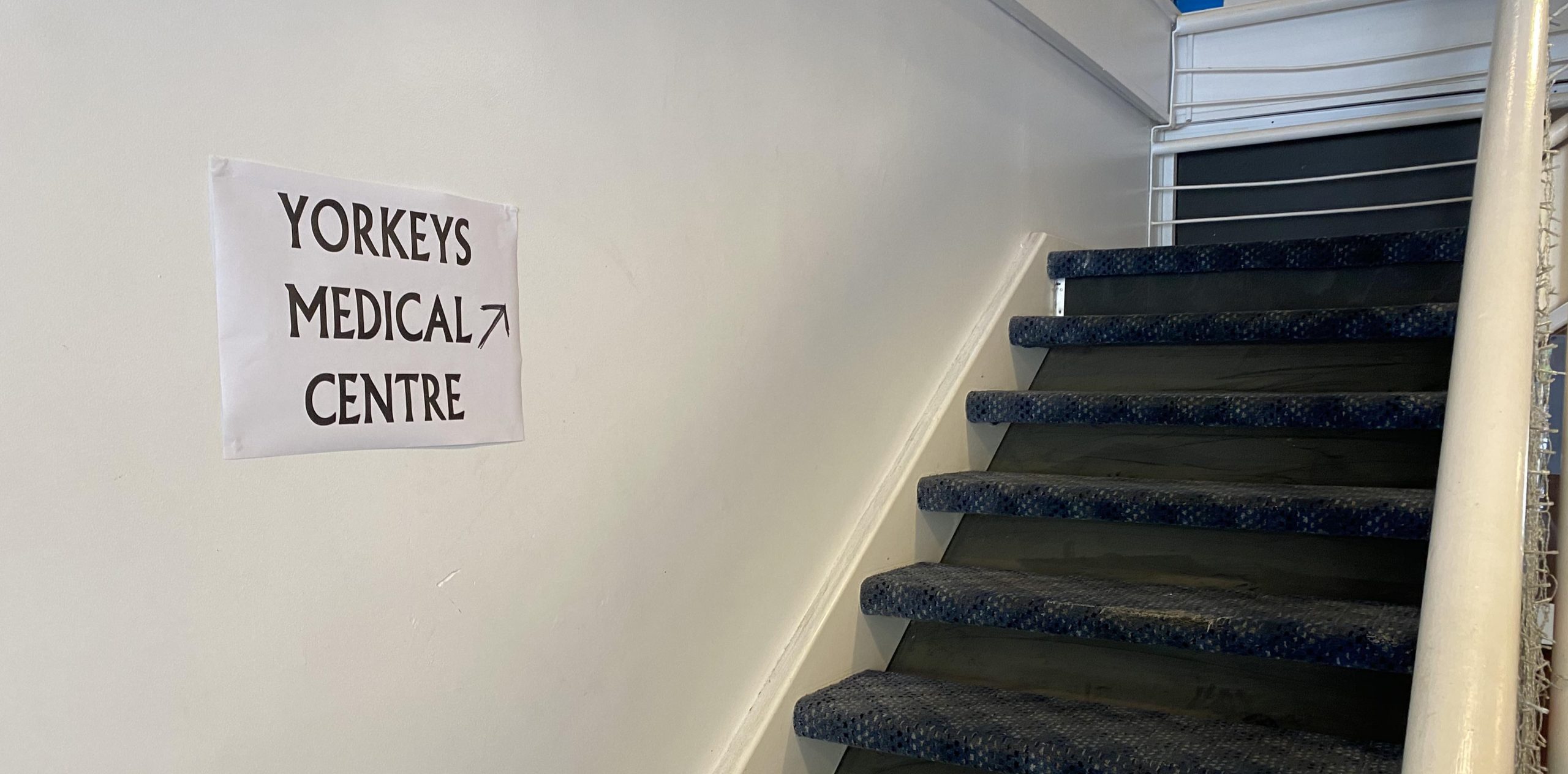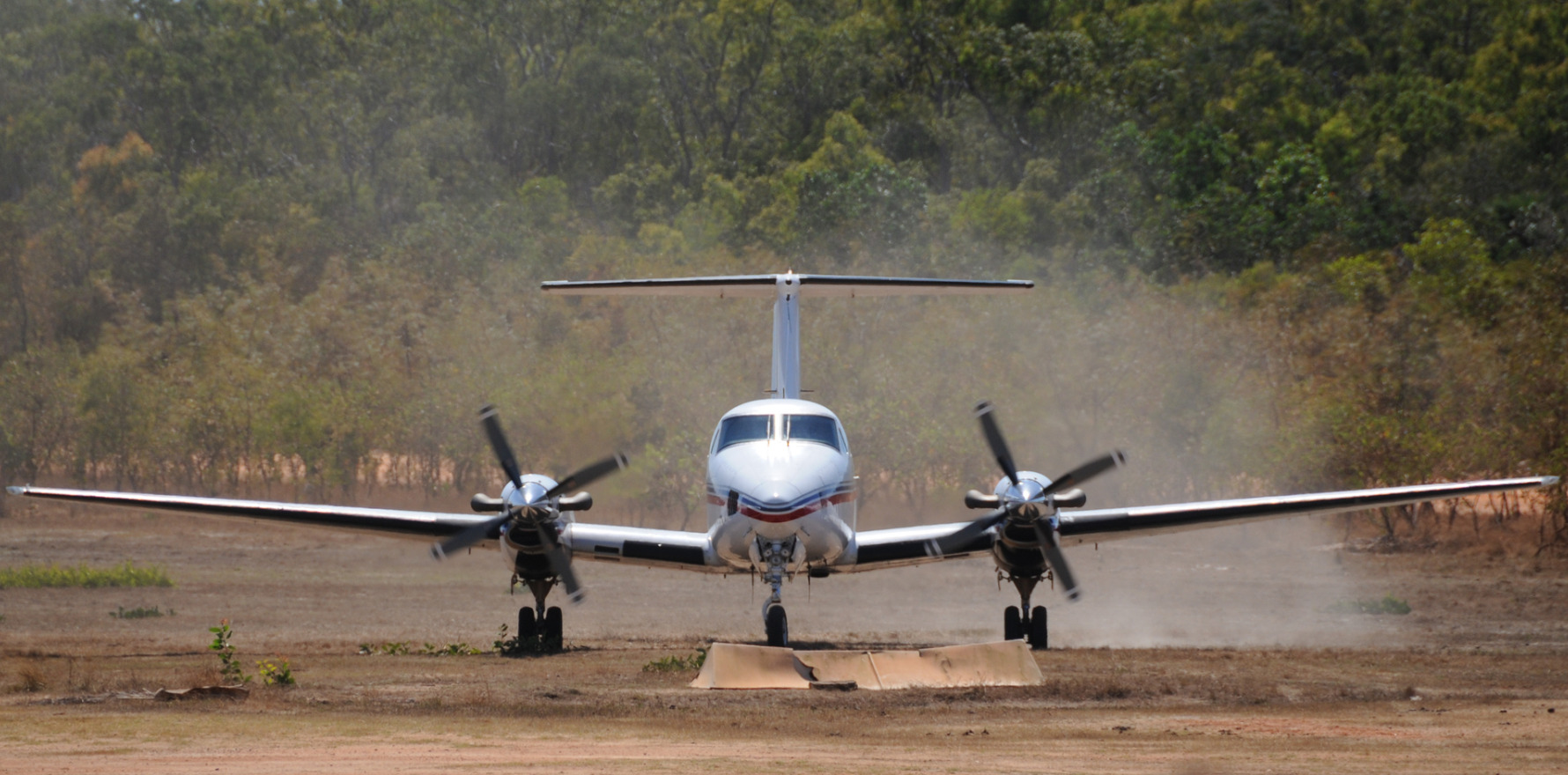A rural WA GP is fuming at the lack of government support for primary care after a power outage left his clinic virtually unusable.
Dr Michael Livingston feels like his nine rural practices in Western Australia are treated by the government as a public service when it’s convenient and a private business the moment anything goes awry.
And he’s sick of it.
Over one week, his practice in Narembeen has lost power six times or more, as the weather fluctuated between extreme heat and severe storms.
On Wednesday last week, the power went out completely. As of Friday 19 January, when The Medical Republic spoke to Dr Livingston, it was yet to turn back on.
The medical centre has only been at the location for two months and does not have a backup generator installed, meaning $6000 worth of vaccines had to be thrown out.
Wasted vaccine stock is just the tip of the iceberg. With the power out, Dr Livingston doesn’t feel he can safely see many of his patients.
“A lot of these patients are elderly and a lot of them need a physical [paper] script and a lot of them need to be physically seen,” he told TMR.
“This can’t be done over a call … and I just don’t think me phoning them and saying, ‘Hey, how’s it going? Can you get eScripts?’ is the right way of doing it.”
Even if he could safely do telehealth without power, it would be a challenge without air conditioning.
On the days when it hasn’t been raining, Narembeen’s temperature has been in the mid-to-high 30s; on Monday, it reached 39.5C.
At time of writing, Western Power’s website indicated that even it does not know when electricity will be restored to rural areas.
“We’re feeling quite odd, because the town nearest to us, Bruce Rock, is 57km away and it’s had its power back since yesterday,” Dr Livingston said.
“What the hell’s going on between there and us that’s stopping the power coming on?”
Related
He was further frustrated to see statements from state politicians assuring the public that major hospitals were still operational and that emergency services were being prioritised.
“Am I not an emergency service?” Dr Livingston said.
“Why don’t we count? Where’s the urgency for looking at locations like this and getting them a service?
“Why are we at the bottom of the rank?”
At the end of the day, Dr Livingston said, it felt like his hard work in opening and staffing practices in the extremely remote towns of southern WA had gone unnoticed by those in power.
“All our practices are MM6 and 7 areas, we have 10 doctors that we’ve trained up – we have a good model,” he said.
“It just felt like – what was the point of all that, because when push comes to shove, I just get this feeling from both sides of government that there’s a distaste for general practice.”





